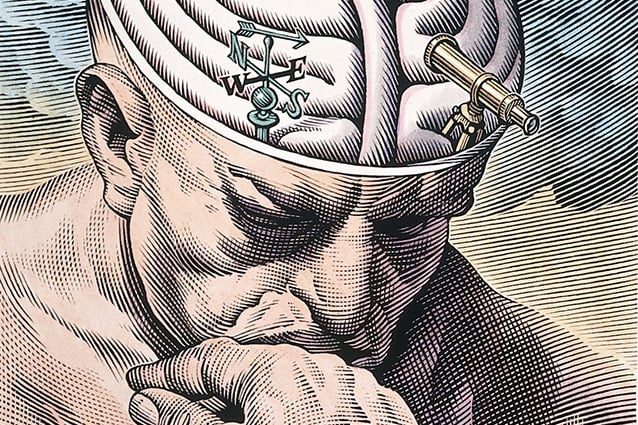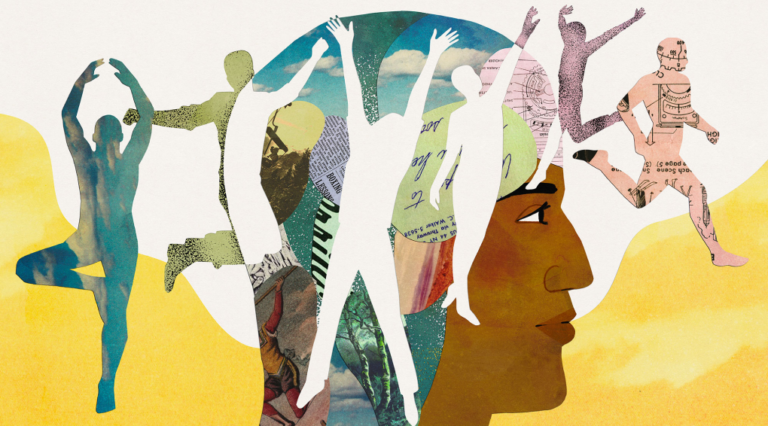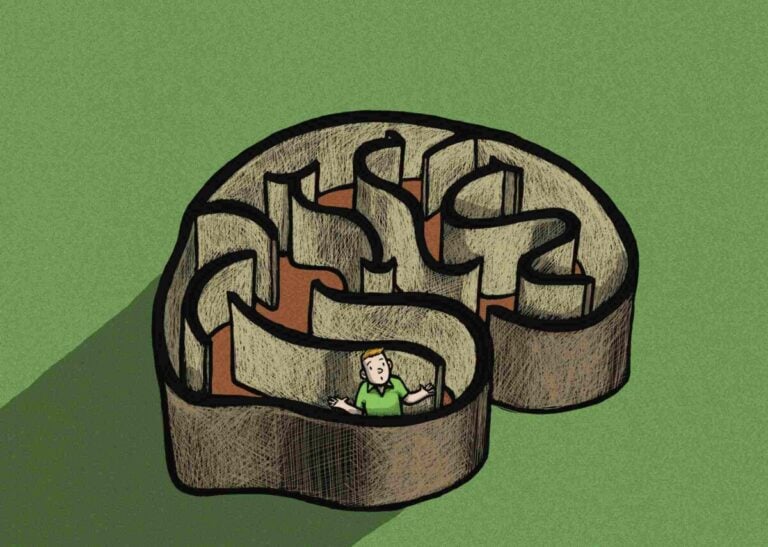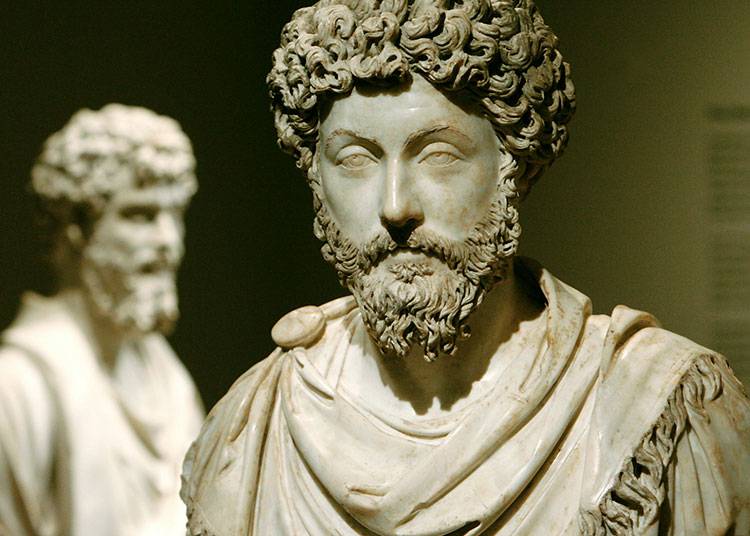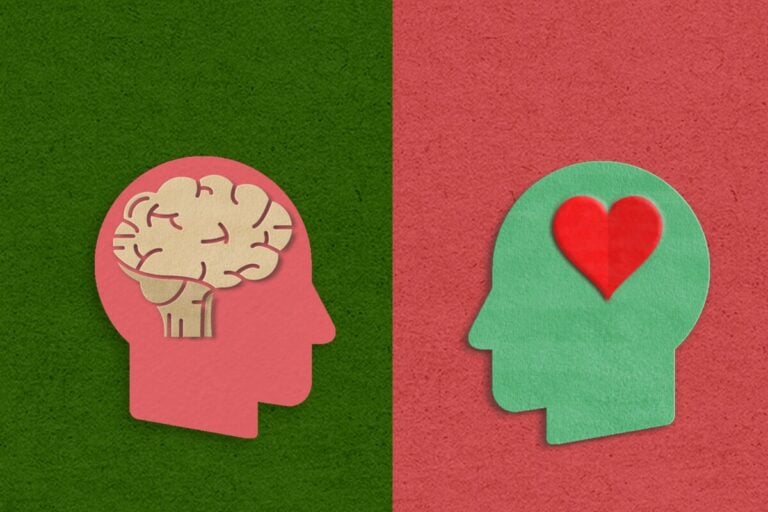Recently, the study of the concepts of happiness is gaining more and more popularity in different countries of the world, including in Japan, where the philosophy of well-being is called ikigai.
As neuroscientist Ken Mogi, who is the author of The Little Book of Ikigai, points out, such an art, and in this case, the ability to find satisfaction in daily activities, can be learned by anyone. It should be noted that in Japan the term ikigai is used quite often, and can refer to both really significant achievements and everyday affairs.
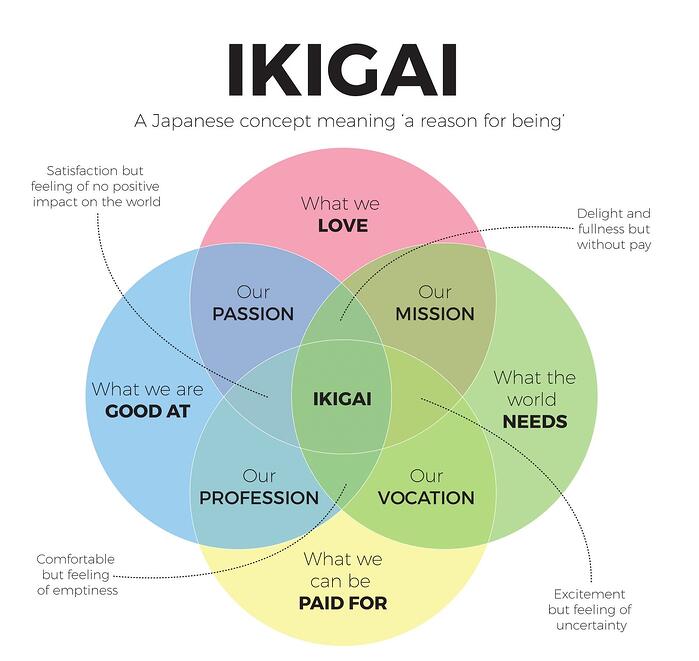
The book tells several stories, and the chef of the restaurant with three Michelin stars, as well as a simple fisherman, as well as a resident of Okinawa, who is 102 years old, are happy precisely because they were able to find ikigai. According to the author, ikigai is hidden in the little things, and a cup of coffee early in the morning and a bright ray of sunshine through the curtains can have the same weight as the gratitude received from the president, as ikigai gives life a purpose, giving strength to move in the right direction.
Ken Mogi identifies five main pillars of ikigai, and in order to acquire these principles of happiness, it is not at all necessary to be Japanese, but simply to become more attentive, showing increased awareness in everyday life. Let’s take a closer look at these pillars of ikigai.
Start small
In order to more clearly illustrate this rule, Ken Mogi cites the story of a Japanese chef, Jiro Ono, who, as a schoolboy, had to earn extra money in a restaurant, since his family was quite poor. Later, when he opened his first sushi bar, Jiro Ono did not at all strive to turn his establishment into the most refined and best in the world, but only tried to use all his skills, given the fact that a sushi bar required a fairly simple environment and unpretentious kitchen utensils.
Gradually improving his skills, the chef was able to turn his restaurant into one of the best, not only in Japan, but also in the world. It was by starting small that he gradually, slowly, made small improvements to his life’s work. We can say that starting small means opening the door to your life before small changes that will gradually make it better. The simplest examples are making time for exercise, preparing healthy meals, or waking up earlier.
Free yourself
To clarify the second principle of ikigai, Ken Mogi gives as an example a child who is not yet burdened by social definitions, remaining carefree.

In order to find ikigai, you should free your essence and accept yourself as you are, awakening an inner child in yourself that is not bound by social status or profession. Such a step will increase the level of courage and ensure immediacy, as well as independence from the opinions of others.
Get a sense of harmony and stability
Within Japanese culture, ikigai has a lot to do with both harmony with the environment and with society as a whole, without which sustainability is impossible.
Personal ambition, as Ken Mogi argues, cannot be satisfied without regard to society and the environment. In the event that you go towards your dream, harming others, then you simply won’t be able to realize your plans, and you won’t be able to find ikigai.
Enjoy the little things
Many Japanese start each morning with a cup of green tea and sweets, although black tea and coffee have become increasingly popular lately.
As Ken Mogu notes, in the event that if you make a habit, according to which immediately after waking up the body will receive its favorite foods, then the brain will automatically start producing dopamine by a certain time, thereby pushing you to get out of bed, after which the appropriate reward will follow. .
It is worth noting that everyday happiness can consist of little things, such as a delicious breakfast or an evening walk, in connection with which one should mentally fix things that give pleasure and thank fate for the fact that they took place in life.
To be here and now
This ability is directly related to the ability to enjoy the little things, freeing oneself from everything superfluous, and the ability to be here and now is a kind of analogue of the flow state, which was described in detail by the American psychologist Mihaly Csikszentmihalyi.

In this case, we mean the state when immersion in activity is so deep that everything else simply loses its significance. As a result, the work that you enjoy becomes not an achievement of the goal, but already acts as an end in itself.
Thus, we can say that a person begins to work not for the purpose of earning money to ensure his life, but because he enjoys self-realization, achieving his goals and making the world around him a little better. Ken Mogi advises doing what you love, like playing music or painting, even when no one is listening to you and no one is looking at your creations, since inner joy will be quite enough to continue what you started. In the event that you succeed in this, then the ability to be here and now has been fully mastered.
As Ken Mogi points out, all five basic principles of ikigai can be seen in the Japanese tea ceremony. So, thinking over the situation, the tea master pays attention to trifles, and the hallmark of the master, as well as the guests, is the spirit of humility.
Many of the items used in the Japanese tea ceremony, which are hundreds of years old, are selected with the principle of “harmony and sustainability” in order to create an unforgettable experience. The main purpose of the tea ceremony, despite the special care of preparation, is to relax, that is, “to enjoy the little things.” Finally, at the moment when the mind begins to absorb the inner cosmos, thereby acquiring a state of awareness, the principle of “here and now” comes into play.


